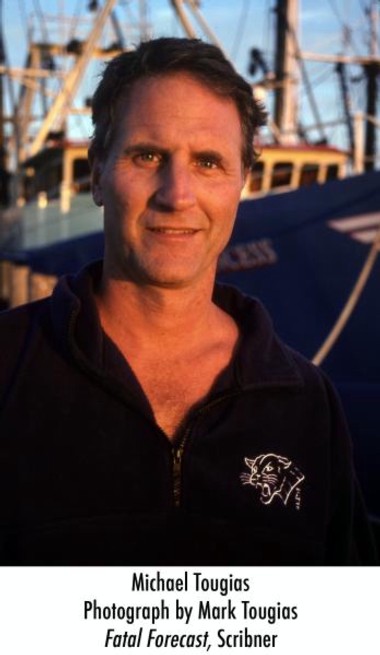Baystate Sends You Home in One Piece
Scalpels, heart rate monitors, surgical gloves—1,500 objects a year are left inside hospital patients after operations, according to the New England Journal of Medicine.
It’s not nice to reflect that going to the hospital exposes you to more medical problems than you had to begin with, but here’s good news: Springfield’s Baystate Medical Center is among the safest hospitals in the country, according to the Leapfrog Group, which assesses safety by multiple criteria, including foreign objects retained after surgery; falls and trauma; death from serious treatable complications after surgery; accidental cuts or tears from medical treatment; and identification and mitigation of risks and hazards. An additional checking point: “Surgical patients received appropriate treatment to prevent blood clots at right times.”
Springfield got an A on a combined rating based on these and other criteria, so you can enter Baystate—should hospital treatment become necessary—with a fair degree of assurance that a surgical retractor won’t be left in your abdomen or the wrong foot amputated. For more detail, check Leapfrog’s Hospital Safety Score webpage (hospitalsafetyscore.org).
From Our Blogs:
As noted on our TEN GALLON LIBERAL blog, EMC Insurance insures more than 85 percent of the school districts in Kansas, where a new law allows faculty and staff to carry concealed weapons on campus. As of July 1 the company, citing financial risk, has refused to cover schools that allow the concealed carries. Other insurers are following suit, creating a potential Catch 22 for education systems. TGL Blogger James Heflin comments: “What’s most intriguing about this is that it’s a call made by actuaries, members of perhaps the most emotionless and empirically based business profession there is. Though I hope somewhere there exists a thriller about rogue actuaries.”
Exploring Quabbin
Like a lot of people, Michael Tougias is fascinated with the history of the Quabbin Reservoir, which was created in the early 20th century by the flooding of four Hampshire County towns. A prolific author of non-fiction books that focus on history and nature, Tougias published, in 2002, Quabbin: A History and Explorers Guide, which included interviews with former residents of the lost towns. On July 31, at 6:30 p.m. at the South Hadley Public Library, he’ll give a slide presentation that looks at the reservoir’s history and operation as well as its wildlife and recreational opportunities. For more information, go to www.michaeltougias.com.
Worth Quoting:
“The geo-political divide has become so palpable that being wealthy in America today means not having to come across anyone who isn’t.”
—Robert Reich on the failure of the social contract in Detroit, which has just become the largest city in the U.S. ever to file for bankruptcy.
By the Numbers:
24: The percentage of black men, aged 18 to 34, who said they felt they’d been “treated unfairly” by police because of their race in the previous 30 days, according to a recent Gallup poll. Thirteen percent of Hispanic men in the same age group reported being treated unfairly.



